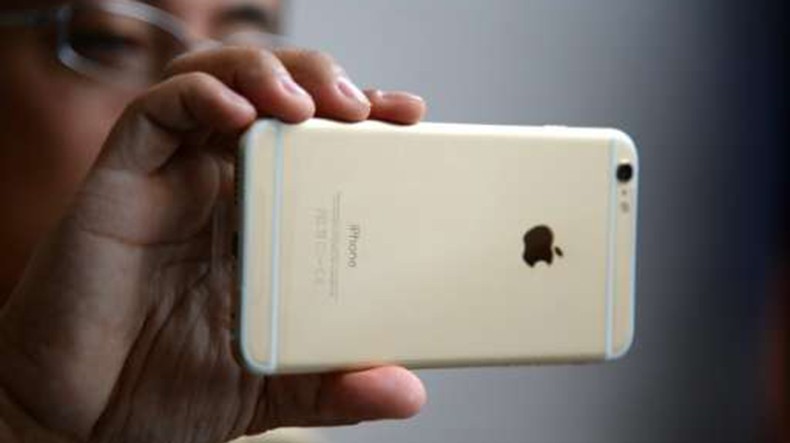
American judge orders Apple to help FBI break into iPhone belonging to attacker
An American judge ordered Apple to help the FBI break into an iPhone belonging to one of the attackers in the San Bernardino shooting that killed 14 people, Agence France-Presse (AFP) reports .
According to the report, US Magistrate Judge Sheri Pym ordered Apple to provide "reasonable technical assistance" to the FBI, including by disabling an auto-erase feature after too many unsuccessful attempts are made to unlock the iPhone 5C.
AFP writes that federal prosecutors had filed a motion requesting Apple's help after the FBI failed to crack the phone's code. By disabling the security features, the FBI will now be able to attempt as many different password combinations as needed before gaining access. The phone was the property of the San Bernardino County Department of Public Health, which employed one of the shooters, Syed Farook. The county agreed to the search of the phone.
Farook, a US citizen, and his Pakistani wife Tashfeen Malik stormed a holiday work party in December and shot up their victims, AFP writes.
Pym, the judge, ordered that Apple provide software that would only run on the device in question, or any other technological means to access its data. The technology giant now has five days to comply with the order or seek relief if it determines that complying would be "unreasonably burdensome," Pym said, according to AFP.
"We have made a solemn commitment to the victims and their families that we will leave no stone unturned as we gather as much information and evidence as possible," US Attorney Eileen Decker said in a statement cited by the AFP. "The application filed today in federal court is another step – a potentially important step – in the process of learning everything we possibly can about the attack in San Bernardino."
FBI Director James Comey revealed last week that investigators had not been able to crack open the phone two months into the investigation. "It affects our counterterrorism work," AFP cites him as saying. Comey stressed the US government's concerns that commercially-available encryption benefits criminals.
Newsfeed
Videos






























